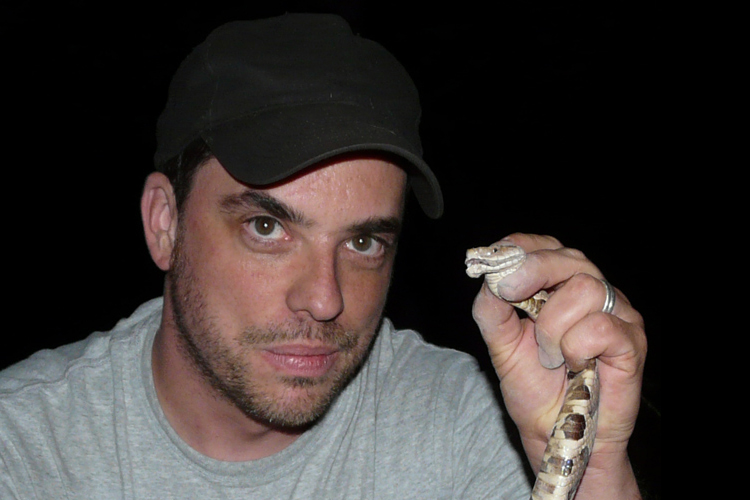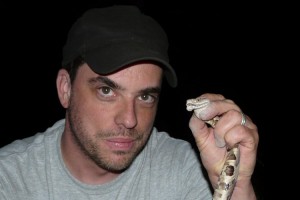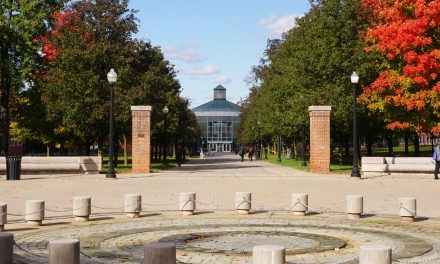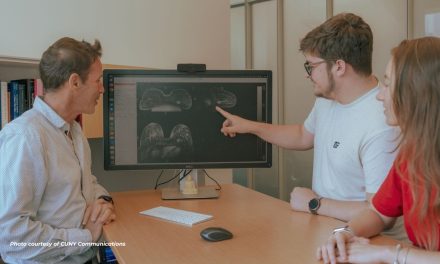CSI Professor of Biology Dr. Frank Burbrink, has recently received an honor from a Brazilian university, which will make his world-renowned research much easier.
Dr. Burbrink is now a professor permanante at the Universidade Federal do Rio Grande do Norte in Natal Brazil. “This is a huge honor,” Dr. Burbrink explains, “that allows me to conduct research on speciation and adaptive radiation in the most biodiverse country in the world, and collaborate with grad students and professors there. I draw no salary or tenure from this; it is simply a title that permits me to work in Brazil with first-class researchers as well as provide opportunities for CSI students and my research team to work there as well.” He adds that this appointment is “similar to the appointment that I also hold at the prestigious American Museum of Natural History in NYC.”
With the designation, Dr. Burbrink will become a member of the graduate program in Systematics and Evolution at the institution, with the opportunity to teach classes there and legally collect DNA from extremely rare organisms and new species in Brazil. In addition, the term “permanente” underscores the fact that Dr. Burbrink will be a permanent member of the university’s graduate program, not simply a short-term collaborator.
Commenting on Dr. Burbrink’s achievement, CSI Dean of Science and Technology Dr. Alex Chigogidze says, “This is a well-deserved recognition of Dr. Bubrink’s first-class research and I join the chorus of my colleagues congratulating him with this appointment. On a broader scale, it is important to emphasize that the CSI community would only benefit by establishing relations with other institutions at all levels.”
Dr. Burbrink previously gained recognition for discovering a new species of Corn Snake in the United States; he has received the 2008 Joseph B. Slowinski Award for Excellence in Snake Systematics from the Center for North American Herpetology for the research paper “How and When Did Old World Rat Snakes Disperse into the New World?” published in Molecular Phylogenetics and Evolution, which he co-authored with Dr. Robin Lawson (California Academy of Sciences, San Francisco); and he has received national recognition for research that he conducted with two of his graduate students, Alex Pyron and Tim Guiher, regarding the expansion of Burmese pythons outside of their current introduced location in south Florida.


















